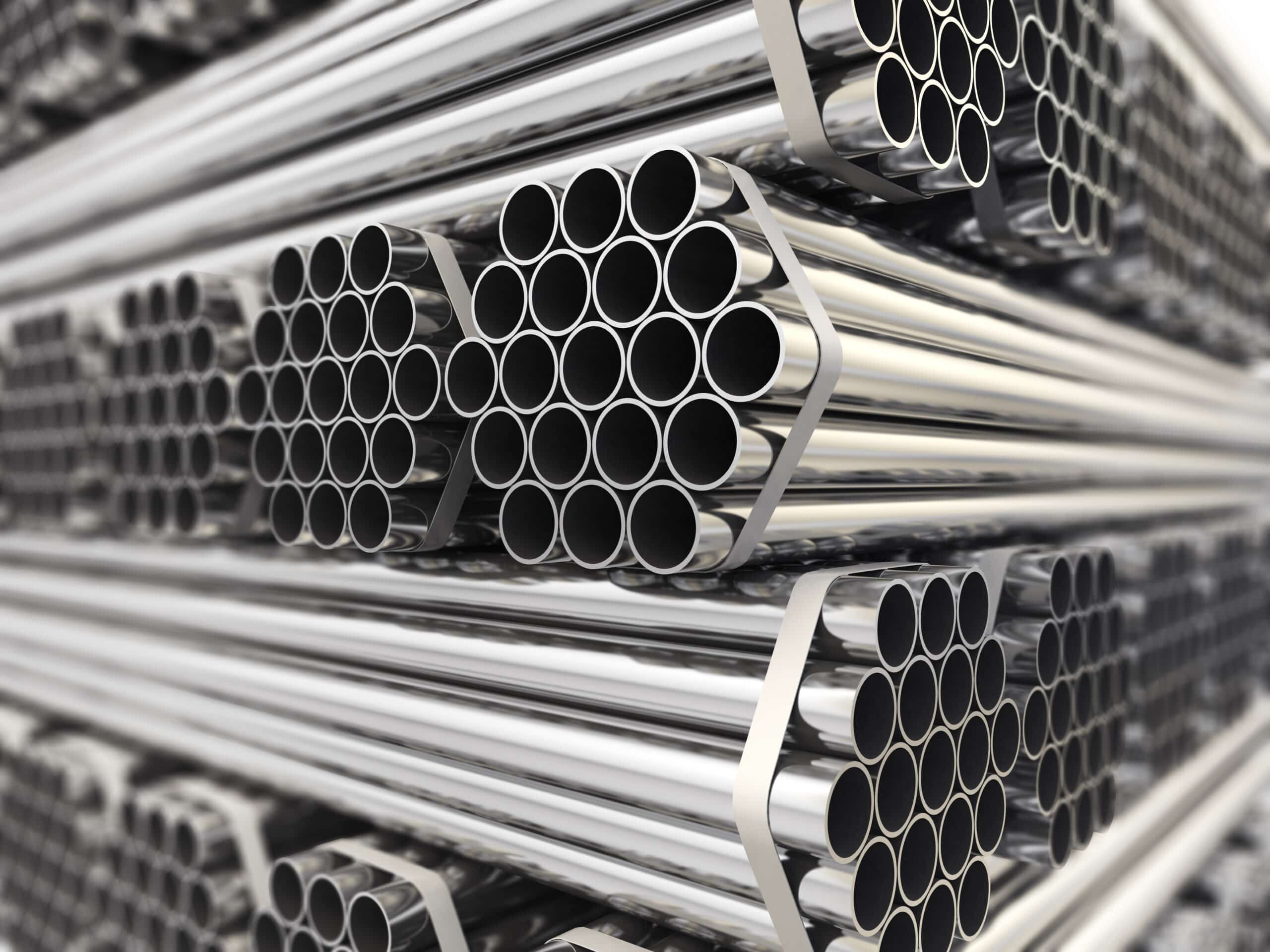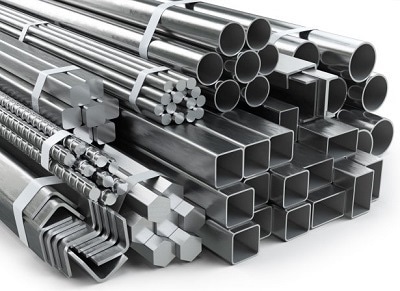
Materials Tested
Alloy Steel Analysis Testing
From materials selection to composition verification, SGS MSi uses state-of-the-art equipment to provide chemical analyses of alloy steel and other metals.
Composed of carbon and iron, the properties of alloy steel vary based upon the amount of carbon, overall impurity level, and the percentage of added alloys.
During chemical analysis of alloy steel, SGS MSi is committed to ensuring the safety, reliability and performance of your metal sample. We use chemical analysis to determine: (1) whether manufacturing processes will alter the alloy steel’s structure and performance, (2) whether the sample is susceptible to corrosion or other damage, and (3) whether the sample has internal flaws that could lead to substandard performance. Upon completion of alloy steel analysis, you will receive a detailed report of all testing results, and our engineers will discuss the results with you in depth.

Alloy Steel Testing Services
Depending upon the steel sample, alloying elements may include, but are not limited to:
- Aluminum
- Nickel
- Silicon
- Sulfur
- Titanium
- Copper
- Chromium
- Lead
- Manganese
- Tungsten
SGS MSi serves customers across the food & beverage, transportation, construction and manufacturing industries, and our chemical analysis equipment and capabilities include:
- Alloy Verification & Identification
- ICP Metal Analysis
- OES Spectroscopy
- Leco Analysis (carbon, sulfur, oxygen, nitrogen, hydrogen)
- XRF Analyzer
- Re-melt Capability
- Microwave Digestion
- Positive Material Identification Testing
To determine which chemical analyses are recommended for your alloy steel application, SGS MSi’s recognized engineering team considers sample size, usage requirements and budget parameters. Our metallurgical lab can also conduct corrosion and metal failure testing, product safety testing (Hexavelent Chromium and ROHs) and hardness testing for your alloy steel or metal sample.
SGS MSi’s metallurgical laboratory performs chemical analyses to ASTM and other industry specifications, and is known for its commitment to timely, professional service.
Contact us today to learn more about our metallurgical testing services.
